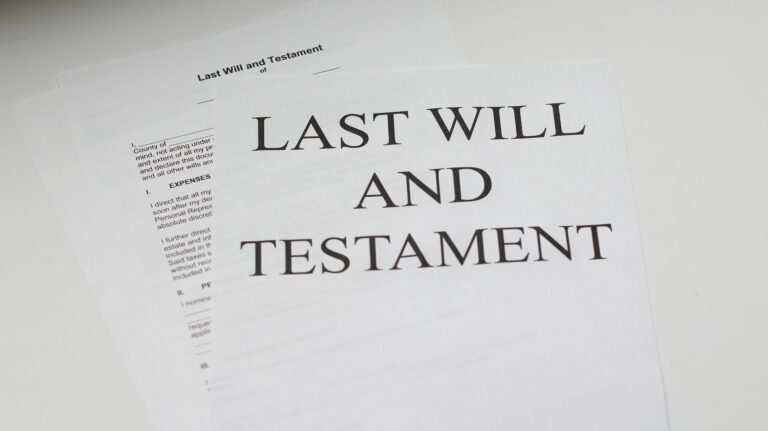
More than a few estate planning attorneys meet with clients who haven’t looked at their will since their children were in diapers. The meeting occurs when the children have children of their own. This mistake can have grave consequences for everyone in the family, says a recent article from Consumer Reports titled “Why You Need to Update Your Will Now.”
Even if it’s been five years since you last reviewed your estate plan, you need to make an appointment and go over your documents with an estate planning attorney. This isn’t just about updating because you now have grandchildren. It is also because federal and state tax laws have changed dramatically, especially in the last twelve years.
See if any of these apply:
- The will was created before 2001. In 2001, the federal estate tax exemption was $675,000. You can now leave heirs more than $12 million without paying federal estate tax. This high number is scheduled to end in the not-too-distant future, so you need to prepare for the coming change.
- You’ve moved to a new state where the estate tax exemption is higher or lower. In Connecticut, the estate tax exemption is $9.1 million, while in Oregon, it’s $1 million.
- You got (pick one): married, divorced, are in a stable committed relationship or have children who are now adults.
- Your relationships with family members or friends have changed and the beneficiaries, executors and/or heirs are different.
Whatever the reason for updating, you’ll need to address at least these critical parts:
- The will or trusts used to distribute assets to heirs.
- Durable Power of Attorney (POA), which gives a person of your choosing the power to manage your affairs, if you become incapacitated.
- A health care proxy, allowing the person you name to serve as your healthcare advocate.
- An advance directive (living will) to detail your wishes in the case of a medical emergency when decisions need to be made.
While federal estate taxes are far lower than they used to be, this status will change in 2026. Of the 12 states plus the District of Columbia with state estate tax rates, several have changed. State estate taxes tied to the federal estate tax rate may see changes again in 2026.
Many of the rules concerning inherited retirement accounts have changed. Anyone who inherits a traditional IRA or 401(k) who is NOT a spouse has to withdraw every dime in the account within ten years of the date of death. Planning how to move this money with regard to taxes due is a conversation to have with your estate planning attorney. Do you want to take the withdrawals now and move the money into another financial product, like life insurance, for your heirs? Or do you want to take the money out gradually over ten years?
Another question is whether your financial status changed over the years, for better or worse? If your old will directed large sums to go to a charity but you no longer have those funds, it needs an update.
Have you discussed the use of trusts with an estate planning attorney? You might wish to set up a trust for beneficiaries to control how funds are disbursed over the years; the funds might come from an inherited IRA since the last time your will was updated.
If you are in a committed relationship but not married, you can protect each other through estate planning. Unmarried partners have little or no inheritance rights. A trust could smooth the process of passing assets to an unmarried partner by keeping the estate out of probate court. A trust is also a private document, unlike a will, which becomes part of the public record once it goes through probate. If there are family members who you believe might challenge the will, a trust is likely the better option.
Reference: Consumer Reports (June 9, 2022) “Why You Need to Update Your Will Now”
